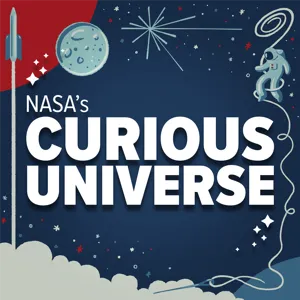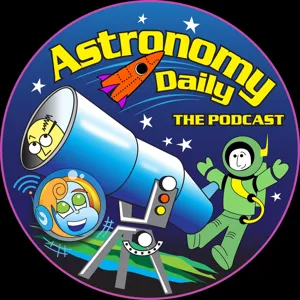Podcast Summary
Exploring the Stars with Fascinating Professionals: Listen to season 4 for thrilling stories from NASA scientists, space crop experts, research test pilots, and more, gaining insights into space exploration and the importance of predicting weather for safety reasons.
The upcoming season 4 of our intergalactic exploration podcast promises exciting adventures with fascinating professionals, from planetary scientists at NASA to space crop production experts at Kennedy Space Center, research test pilots, and more. Listeners can expect to be transported into the world of space exploration, experiencing the thrill of rocket launches and the importance of predicting weather for safety reasons. The speaker shares personal stories, such as predicting a hurricane for his mother, and emphasizes the significance of the moon as a window into the solar system due to extensive knowledge gained from manned missions. Join us next week with your curiosity as we embark on this journey through the stars.






